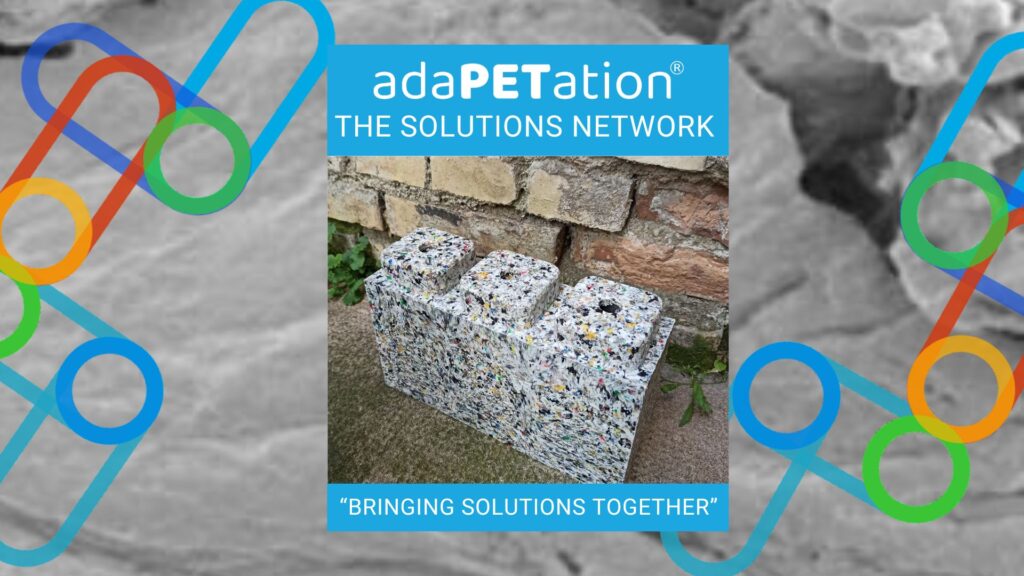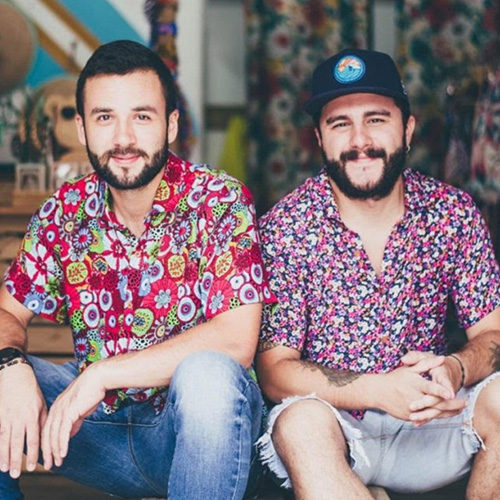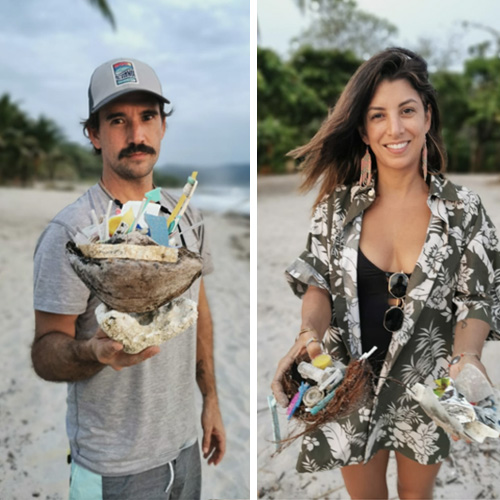
In the global fight against plastic pollution, social entrepreneurs like Khalil Radi, Keiran Smith, and Dian Kurniawati are transforming waste into valuable resources. Inspired by their innovative approaches, here's a step-by-step guide to help you start your own waste management initiative.

In the struggle to close the loop on plastic pollution, a diverse array of social entrepreneurs are leading the charge, transforming waste into valuable resources and economic opportunities. Their innovative approaches not only address environmental challenges but also foster social equity and community engagement. If you’re inspired to start your own waste management initiative, the experiences and insights of Khalil Radi of “Buy Food with Plastic,” Keiran Smith of “Mr. Green Africa,” and Dian Kurniawati of “Tridi Oasis” offer invaluable guidance. Here’s a step-by-step guide to get you started, enriched with their wisdom.
1. Identify the problem and your unique solution
Every impactful initiative starts with a clear understanding of the problem and a unique approach to solving it. Khalil Radi’s “lightbulb moment” came during a civil war in Nicaragua, where he saw people from hunger amid widespread plastic waste. He realised that collecting plastic could serve as a currency to buy food, providing both environmental and social benefits. “Seeing people with time but no money, I thought of using their time to collect plastic bottles as a currency to purchase a hot meal,” Radi recalls.
Similarly, Dian Kurniawati of Tridi Oasis was motivated by the pervasive plastic pollution in Indonesia. “What we see is plastic waste is actually raw material, but it’s just in the wrong place,” she explains. By transforming PET bottles into new raw materials, Tridi Oasis addresses both environmental waste and provides resources for new products.
2. Start small and build on early successes
Launching an initiative doesn’t require large capital or infrastructure. Khalil Radi’s first event for “Buy Food with Plastic” was financed with just $450, raised from his friends. The overwhelming community response demonstrated the potential impact. “I expected maybe 30-40 people, but 180 showed up, and we collected more than 2000 plastic bottles,” Radi shares.
Dian Kurniawati also emphasises starting with what you have and growing from there. Initially operating on a smaller scale, Tridi Oasis managed to triple its processing capacity with strategic investment and relocation. “The investment enabled us to relocate to a new location, a much bigger location, and then we grew three times, increasing the capacity,” she says.
3. Engage and empower the community
Successful waste management initiatives often hinge on community involvement. Keiran Smith’s Mr. Green Africa prioritises fair remuneration for waste collectors, integrating local communities into the solution. “By purchasing waste at a transparent and equitable price and converting it locally, we ensure the value remains within its country of origin,” Smith explains.
For Khalil Radi, community participation was crucial from the start. The enthusiastic turnout for the initial “Buy Food with Plastic” event highlighted the community’s readiness to engage with and support the initiative. “It was a clear sign that the community was eager to participate and that our idea had real potential to make a difference,” he notes.
4. Secure funding and build partnerships
Funding is often a major hurdle for new initiatives. Khalil Radi managed to raise funds quickly by sharing his vision with friends, while Dian Kurniawati of Tridi Oasis attracted investment from Circulate Capital after demonstrating alignment with their values. “We received the funding in February 2020. It was all alignment at the time,” she recalls.
Keiran Smith emphasises the importance of ethical business models in attracting support. Mr. Green Africa’s B Corp certification underscored its commitment to social and environmental impact, helping secure partnerships and credibility. “Our B Corp status accentuates our pledge to merge business with impact,” he says.
5. Adapt and innovate
Flexibility and innovation are key to overcoming challenges. When Khalil Radi discovered there were no recycling facilities in Nicaragua, he pivoted to using collected bottles in construction. “Our first batch of plastic bottles was used by a local woman to build a house,” Radi recounts. This adaptability led to exploring and establishing more efficient recycling methods.
Dian Kurniawati faced market challenges due to fluctuating demand and economic conditions. Her solution was to diversify and innovate, creating new products like pallets from low-value plastics and collaborating with cement companies to use plastics as alternative fuel. “We set up a collection channel of these low-value plastics and do a trial prototype project to make a pallet for the warehouse,” she explains.
6. Measure and communicate impact
Quantifying your impact is crucial for assessing progress and attracting further support. Khalil Radi measures success through meals distributed, plastic collected, and broader community benefits like job creation and improved living conditions. “We’ve started to collect data directly from participants to better understand our impact,” he says.
Keiran Smith underscores the importance of broadcasting successes to inspire broader action. “Every time we dispel a misconception or demonstrate feasibility, we broadcast it. Our aim is to inspire action, drive optimism, and embolden others to join the journey,” he states.
7. Foster a strong organisational culture
Building a resilient organisation is essential for long-term success. Dian Kurniawati highlights the importance of a strong team culture and organisational foundation. “If you have a strong organisation, you can easily adapt to external challenges,” she advises. She likens her team’s dynamics to a Dragon Boat competition, where synchronised effort is key to progress.
8. Leverage networks and support systems
Connecting with others in your field can provide invaluable support and opportunities. Keiran Smith and Dian Kurniawati both benefited from networks and associations. “Right now, there are already a lot of networks that connect people in the same industries,” Kurniawati notes. Utilising platforms like LinkedIn and joining relevant groups can facilitate these connections.
Starting your own waste management initiative requires passion, innovation, and a willingness to engage with your community. By learning from the experiences of pioneers like Khalil Radi, Keiran Smith, and Dian Kurniawati, you can navigate the challenges and create meaningful impact. As Khalil Radi aptly puts it, “With innovation and collaboration, we can tackle environmental issues and hunger simultaneously.” Your journey in waste management could be the next step toward a more sustainable and equitable world.
LOOKING FOR MORE INSPIRATION?
We hope these top tips from inspirational waste management startups help you look at PET plastics differently, not as an insurmountable problem but as a challenge we can collectively address. If you’re looking for more examples of inspirational solutions around the world dive deeper into the adaPETation® Solutions Network and let’s reshape our world for the better.
Share it
THE HISTORY OF PLASTIC
Throughout the history of plastic, PET has been crucial in keeping food fresh with lightweight and durable packaging solutions that have helped reduce food waste for almost a century. Learn all about the invention of plastic and the important role it has played feeding people and saving the lives of humans and elephants in the adaPETation® timeline of the history of plastic.





